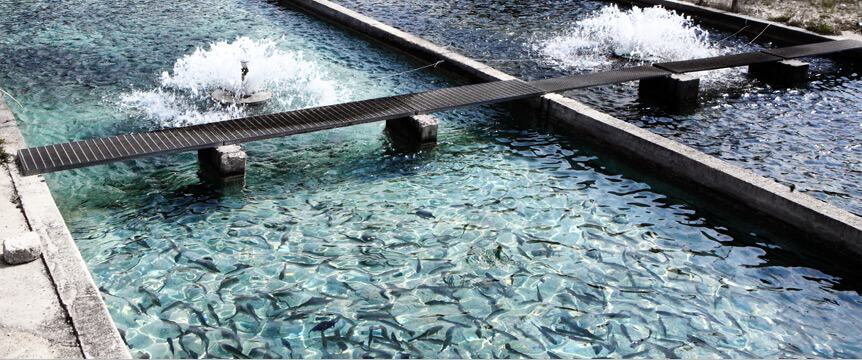When talking about environmental toxins, the word “dioxins” gets tossed around a lot, but what exactly are they? Dioxins are among a group of pollutants described as “the dirty dozen.”
The “dirty dozen” are a group of toxic chemical compounds called POPs, and while that’s the colloquial term for soda beverages in certain parts of the country, in this case, it’s actually an acronym for “Persistent Environmental Pollutants,” (though there’s no official word on why there’s an “o” in there for the word “environmental”). Dioxins don’t just sound like bad news, they’re ubiquitous, too. In fact — not to alarm anyone, but — everyone alive has already been exposed them. They’re in the water, the air, and even the food you eat.
Polluting Fatty Tissues
What’s so persistent about these persistent environmental pollutants? They’re bio-accumulative. That means they build up in human and animal fatty tissues over time with exposure. The World Health Organization (WHO) reports that dioxins accumulate as they go up the food chain, explaining that the higher up an animal is in the food hierarchy, the more likely they are to have dioxin build up.
They’re bio-accumulative. That means they build up in human and animal fatty tissues over time with exposure.
Thanks to the efforts of the Environmental Protection Agency (EPA) over the last three decades, commercial production of dioxins has decreased by 90 percent. However, as they were widely used before the 1980s, dioxins are stable compounds, meaning they break down extremely slowly.
 Dioxins are created by many activities and industries. The first, (big surprise) is that ever-guilty polluter, industrial activity. Usually, this is in the creation of certain chlorinated organic compounds, including herbicides. Dioxins are also produced through various other activities, including waste incineration (both commercial and domestic) and bleaching, as well as through natural disasters like volcanic eruptions and forest fires. There have even been cases of intentional dioxin poisoning as in the 2004 case of former president of Ukraine, Victor Yushenko, whose face was disfigured by chloracne in an assassination attempt.
Dioxins are created by many activities and industries. The first, (big surprise) is that ever-guilty polluter, industrial activity. Usually, this is in the creation of certain chlorinated organic compounds, including herbicides. Dioxins are also produced through various other activities, including waste incineration (both commercial and domestic) and bleaching, as well as through natural disasters like volcanic eruptions and forest fires. There have even been cases of intentional dioxin poisoning as in the 2004 case of former president of Ukraine, Victor Yushenko, whose face was disfigured by chloracne in an assassination attempt.
Dioxins can also affect water quality if that water is polluted by toxic waste. Within the United States alone, there are 123 water bodies with such high dioxin and other bio-accumulative contaminants that the EPA warns against eating fish or other aquatic life caught within those bodies of water. This is because once it’s there, dioxins can travel by settling into sediment and/or being swallowed by fish and other sea life.

How to Avoid Dioxins
The EPA reports that dioxin exposure can damage the immune system, lead to cancer, interfere with hormone production, as well as lead to reproductive and developmental problems. WHO claims that short-term exposure to high levels of dioxins can result in skin lesions like chloracne, patching of the skin, liver damage, and excessive body hair. So, it would benefit anyone to limit their exposure.
There are a few ways to do that. Eat less meat and fish. Not only is it more environmentally sustainable (it takes a whole lot more energy to raise a cow than, say, grow brussels sprouts), but it will reduce exposure to dioxins that have accumulated in animals’ tissues. Ninety percent of human exposure to dioxins comes by way of food, primarily animal products, fish and shellfish particularly. Concentrations of dioxins in water are relatively low but given that they bioaccumulate and have a half-life inside the body of up to 11 years, it’s not worth taking the chance.
To protect your water, get an in-home water filtration system. Activated carbon (widely used in water filtration) has been shown to reduce the number of dioxins within water bodies. Whether the filtration system covers the whole house or just the kitchen sink, a home filter will reduce the number of dioxins in drinking water and hence, lower the amount that could be bio-accumulating and causing health problems down the line.
